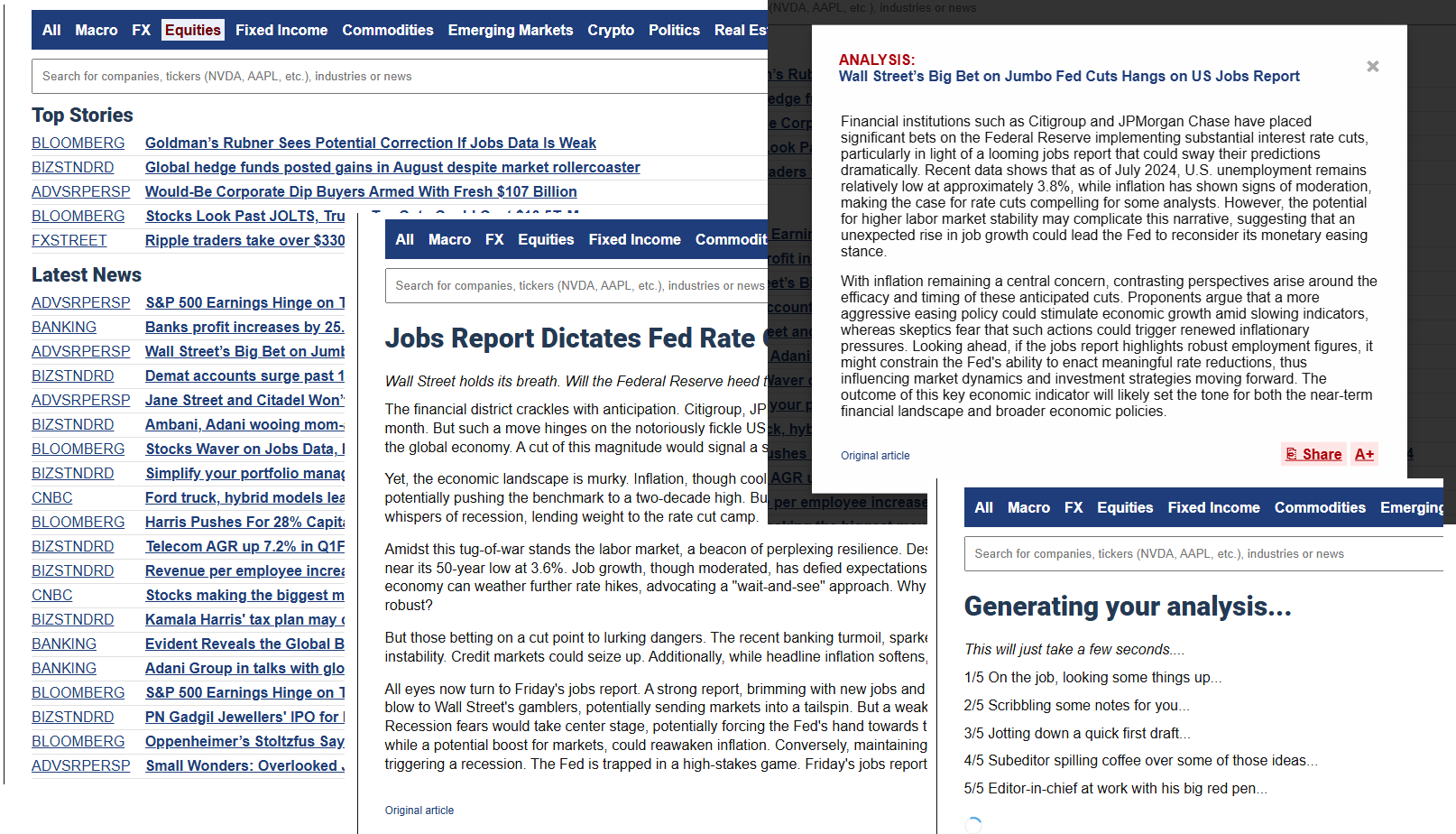Nigerian Banks Thrive Despite Global Economic Challenges
Nigeria's banking sector stands as a testament to resilience amid a daunting global economic landscape. The nation's top five banking institutions have amassed a staggering N146 trillion in total assets, an achievement that not only highlights their financial prowess but also their strategic agility in uncertain times. This milestone is indicative of the robustness and adaptability ingrained in Nigeria's financial sector, bolstered by increased customer deposits that fuel their capacity for loan issuance and exemplify their strategic skills in capital deployment.
As global economic tensions persist, Nigerian banks showcase a defiance of expectations. Their performance, marked by strategic growth and innovation, underscores their capacity to thrive even in challenging conditions. Central to this achievement is the burgeoning Nigerian middle class, whose rising savings bolster customer deposits, laying fertile ground for expanded lending opportunities. This trend is intricately linked to profitability and growth, spurred by calculated investments and expanded service offerings.
In the face of global banking transformations, Nigerian banks are not complacent. They embrace technological innovations to align with evolving consumer needs. The global rise of digital banking introduces both opportunity and challenge, demanding rapid adaptation to maintain competitive relevance. Nigerian banks are thus pivoting towards digital solutions, enhancing operational efficiency and customer satisfaction while ensuring seamless accessibility in line with international consumer expectations.
Despite remarkable growth, Nigerian banks operate within the broader context of shifting paradigms that define the global banking landscape. The integration of digital solutions worldwide is reshaping customer interactions and making the adoption of fintech solutions imperative. Regional interruptions, such as bank holidays affecting operations in Bengal and Karnataka, further emphasize the need for digital reliability, driving banks to innovate.
Strategic alliances and cooperative strategies emphasize this adaptive journey. Initiatives like the European Commission's Energy Efficiency Alliance offer insights into how collaborative approaches can address common challenges. Such international cooperative efforts reveal the shared necessity among banks to foster sustainable finance solutions, particularly as they confront systemic economic and environmental challenges. Linked through these efforts, Nigerian banks emerge as resilient players in an interconnected financial world.
The optimistic trajectory of Nigerian banks highlights the crucial role of vigilant economic stewardship, demanded from central banks across the globe. As custodians of monetary stability, central banks must adeptly navigate economic turbulence to maintain credibility and uphold financial equilibrium. Their decisive role becomes even more crucial amid prevailing global economic complexities, affirming their integral status in shaping and moderating international financial landscapes.
This intertwining of finance and broader societal forces is further illustrated by the political sphere, where strategic advertisements, like those in Kamala Harris's campaign, underscore the interplay between financial investment and political influence. Financial backings in politics not only shape public perception but also dictate electoral outcomes, thereby highlighting the interconnected nature of economic strategies and political pursuits.
Through the prism of these unfolding narratives, Nigerian banks' success story reveals the opportunities and challenges emerging from geopolitical shifts and technological advancements. The rise of AI and its corresponding energy demands provoke significant questions about the sustainability of technological growth. These trends suggest potential collaborations between the banking and tech sectors, paving the way for responsible innovation that balances progress with environmental consciousness.
Meanwhile, the cryptocurrency market reflects ongoing volatility and serves as a cautionary backdrop to the steadfast resilience demonstrated by traditional financial institutions like Nigerian banks. As digital financial instruments like SUI exhibit marked instability, traditional banking's robustness amidst fluctuation underscores lasting value and confidence in established financial systems.
In essence, the remarkable achievement of Nigeria's top banks in amassing N146 trillion in assets during times of global economic instability offers far more than admiration; it is an instructive example. This development unveils a dynamic landscape where established financial institutions, grounded in strategic growth and innovation, coexist with emergent financial realities. As the global economy continues to grapple with diverse challenges, from energy crises to technological transformation, the growth strategies employed by Nigerian banks potentially serve as a model for resilience and adaptability across the financial world.
AI-Powered trading insights: join our email list
Real-Time Market Analysis
Get instant insights on market trends, news impact, and trading opportunities.

